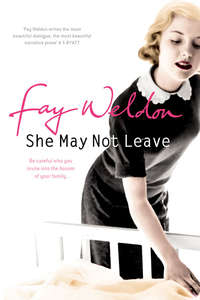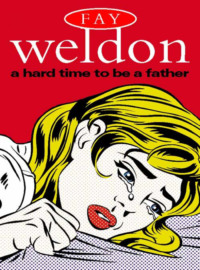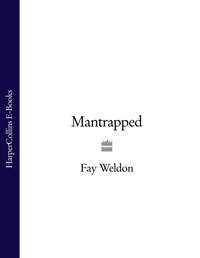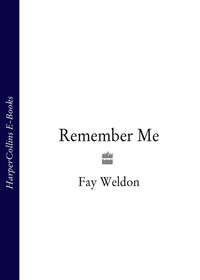
Полная версия
Rhode Island Blues
One day I’d come home from school to find Angel beating hell out of a pillow, claiming the devil was in it, and feathers floating through the air like the snowflakes in The Snow Queen – and had panicked and phoned Felicity in Savannah. The next day, by which time the feathers had melted and the devil had left, my grandmother swept into our semi-derelict house in a froth of scarves, lamenting and fussing about the place and bringing in psychiatrists and social workers. If I hadn’t made the call I daresay my mother and I would have got by okay. She would have drifted in and out of psychotic episodes, making cakes and barricading the house against the landlord: taking petitions to Downing Street: going into smart restaurants and breaking plates in sympathy with veal calves long before animal rights became fashionable, and I’d have coped. Twenty years on, in fact, and Angel might still be alive, with new drugs keeping her in control, or at any rate more like other people. And I’d still have a mother.
The last lucid thing Angel had said to me when they declared her to be a danger to herself and others, and had jabbed her full of medication, and I was sitting next to her in the ambulance on the way to the psychiatric unit (from which she was to escape) was that it was all Felicity’s fault. Felicity had destroyed her, and would destroy me too.
‘Your grandmother is evil,’ she said. I accepted then that Angel was indeed raving. Felicity was no worse or better than anyone else: she was better than the teachers at the various schools I’d gone to and not gone to: morally better than my father who’d walked out rather than have to do the dirty work of having his wife put away, and simply abandoned me, his child, to cope. She was less use to me than studying, or my passion for cinema, and certainly less use to me than my friends. I’d always had friends and mothers of friends who’d take me in, when times were bad. Children meet with great kindness. In fact Felicity did her best, I knew, within the boundaries of her own nature. But then everyone does. And a mother’s last words are difficult to forget, if only traditionally. You know how it is.
Nor did I want Felicity, thirty years later, to be raising these painful matters at five in the morning. I would rather be lying beside Krassner, making the most of such time as I had with him: me, the person without past, without family, the one who just sometimes walked out of the editing suite and engaged in the real world.
I switched the conversation before I got angry and upset. I gave Felicity the information I was saving like the icing on the lemon drizzle cake my mother would buy in the early days, when we had a nice apartment like other people and my father was selling a painting or two and could pay the rent.
‘I think I’ve found your Alison,’ I said to Felicity. ‘Your long-lost daughter.’ For once it was quiet outside the window. Those of excessive habits had finally gone home to rest and recuperate. The tourists had not yet woken. Only the binmen still clattered along the edges of Berwick Street market, a few blocks away, clearing the detritus of fruit and vegetable. Krassner snored gently on the bed. It was the third successive night he had spent there. The insides of my thighs were agreeably sore. He was due to fly home on Friday. This was early Wednesday morning. When he was gone I would be able to get my clothes to the cleaners and have my hair trimmed and streaked, and do all the other small necessary things you don’t seem to do when there’s a man around because they seem so domestic and boring and not what the film stars do.
Конец ознакомительного фрагмента.
Текст предоставлен ООО «ЛитРес».
Прочитайте эту книгу целиком, купив полную легальную версию на ЛитРес.
Безопасно оплатить книгу можно банковской картой Visa, MasterCard, Maestro, со счета мобильного телефона, с платежного терминала, в салоне МТС или Связной, через PayPal, WebMoney, Яндекс.Деньги, QIWI Кошелек, бонусными картами или другим удобным Вам способом.







